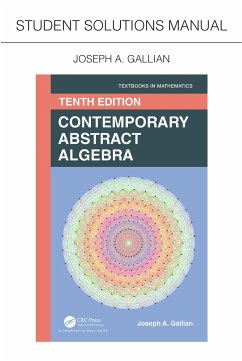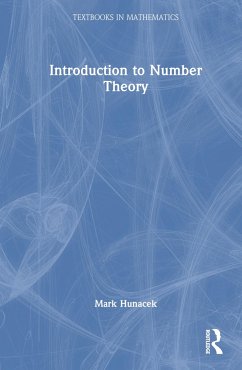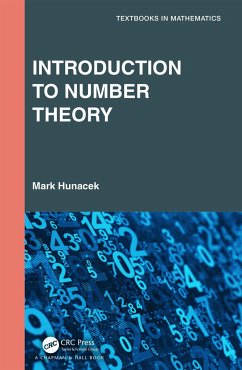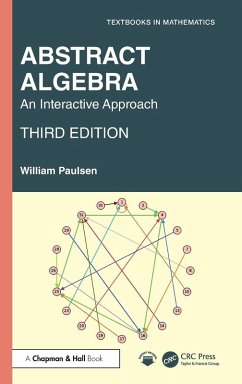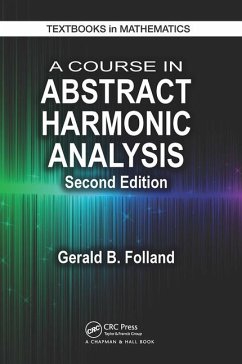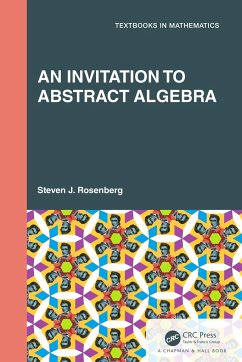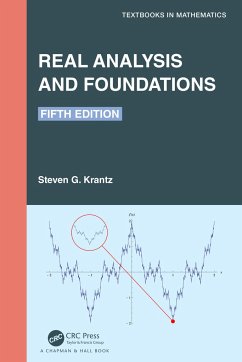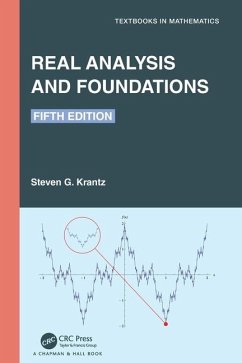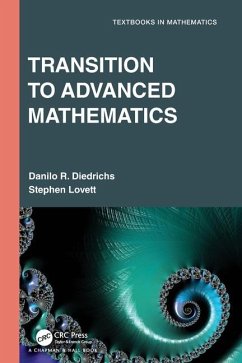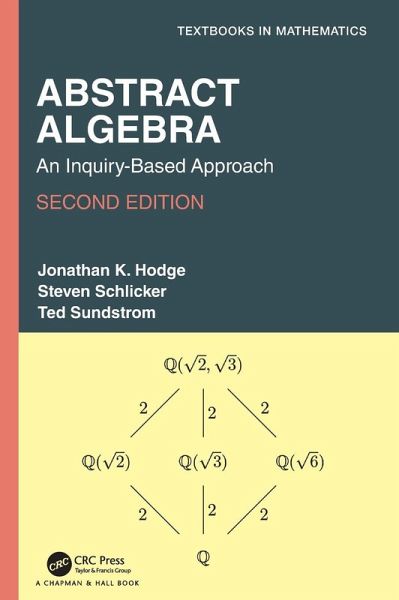
Abstract Algebra
An Inquiry-Based Approach
Versandkostenfrei!
Versandfertig in 6-10 Tagen
96,99 €
inkl. MwSt.
Weitere Ausgaben:

PAYBACK Punkte
48 °P sammeln!
Abstract Algebra: An Inquiry-Based Approach, Second Edition not only teaches abstract algebra, but also provides a deeper understanding of what mathematics is, how it is done, and how mathematicians think.The second edition of this unique, flexible approach builds on the success of the first edition. The authors offer an emphasis on active learning, helping students learn algebra by gradually building both their intuition and their ability to write coherent proofs in context.The goals for this text include:Allowing the flexibility to begin the course with either groups or ringsIntroducing the ...
Abstract Algebra: An Inquiry-Based Approach, Second Edition not only teaches abstract algebra, but also provides a deeper understanding of what mathematics is, how it is done, and how mathematicians think.
The second edition of this unique, flexible approach builds on the success of the first edition. The authors offer an emphasis on active learning, helping students learn algebra by gradually building both their intuition and their ability to write coherent proofs in context.
The goals for this text include:
Allowing the flexibility to begin the course with either groups or ringsIntroducing the ideas behind definitions and theorems to help students develop intuitionHelping students understand how mathematics is done. Students will experiment through examples, make conjectures, and then refine or prove their conjecturesAssisting students in developing their abilities to effectively communicate mathematical ideasActively involving students in realizing each ofthese goals through in-class and out-of-class activities, common in-class intellectual experiences, and challenging problem sets
Changes in the Second Edition
Streamlining of introductory material with a quicker transition to the material on rings and groupsNew investigations on extensions of fields and Galois theoryNew exercises added and some sections reworked for clarityMore online Special Topics investigations and additional Appendices, including new appendices on other methods of proof and complex roots of unity
Encouraging students to do mathematics and be more than passive learners, this text shows students the way mathematics is developed is often different than how it is presented; definitions, theorems, and proofs do not simply appear fully formed; mathematical ideas are highly interconnected; and in abstract algebra, there is a considerable amount of intuition to be found.
The second edition of this unique, flexible approach builds on the success of the first edition. The authors offer an emphasis on active learning, helping students learn algebra by gradually building both their intuition and their ability to write coherent proofs in context.
The goals for this text include:
Allowing the flexibility to begin the course with either groups or ringsIntroducing the ideas behind definitions and theorems to help students develop intuitionHelping students understand how mathematics is done. Students will experiment through examples, make conjectures, and then refine or prove their conjecturesAssisting students in developing their abilities to effectively communicate mathematical ideasActively involving students in realizing each ofthese goals through in-class and out-of-class activities, common in-class intellectual experiences, and challenging problem sets
Changes in the Second Edition
Streamlining of introductory material with a quicker transition to the material on rings and groupsNew investigations on extensions of fields and Galois theoryNew exercises added and some sections reworked for clarityMore online Special Topics investigations and additional Appendices, including new appendices on other methods of proof and complex roots of unity
Encouraging students to do mathematics and be more than passive learners, this text shows students the way mathematics is developed is often different than how it is presented; definitions, theorems, and proofs do not simply appear fully formed; mathematical ideas are highly interconnected; and in abstract algebra, there is a considerable amount of intuition to be found.





